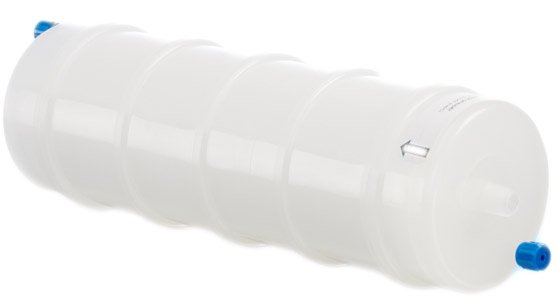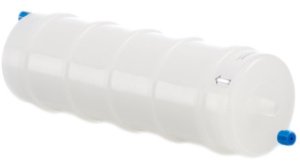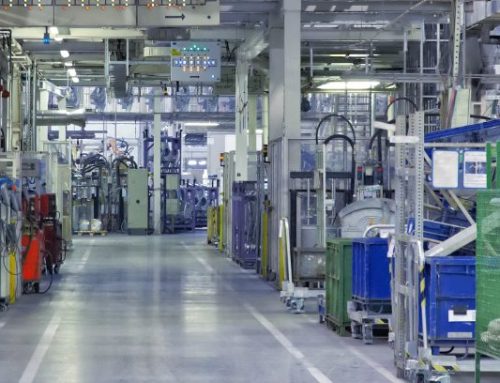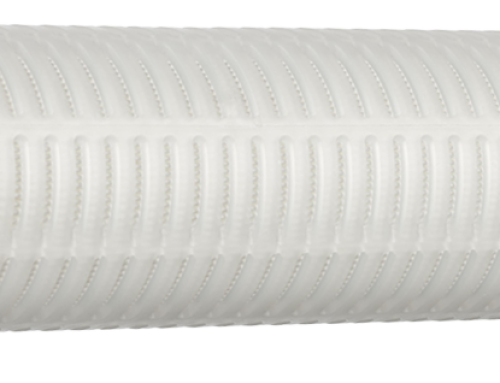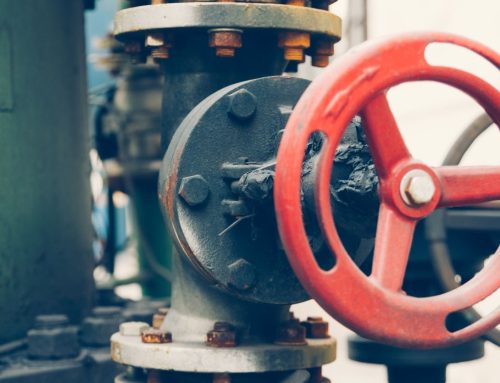In this article, the industrial filtration experts at Advanced Filtration in New Jersey are getting specific: we’re discussing talking all about polypropylene and polypropylene resin for filters.
Industrial filtration companies are constantly on the lookout for new and improved ways to keep their systems running smoothly. In recent times, polypropylene has become an increasingly popular choice. This is especially true for many industrial applications.
Polypropylene is known for its excellent strength and durability. It is also resistant to most chemicals, making it an ideal material for filters.
In this blog post, we’ll take a look at polypropylene and its properties. We’ll also take a look at how effective polypropylene resin is for filters.
What is polypropylene?
Polypropylene, also known as polypropene, is a thermoplastic polymer. It is made up of long chains of propylene monomers. Polypropylene is a tough and rigid plastic. It has a high melting point, making it ideal for many industrial applications.
Polypropylene is used in many different industries. This includes the automotive, electrical, and medical industries. It is also frequently used in the production of packaging and food containers.
The history of polypropylene
Polypropylene was first synthesized in 1954 by Italian chemist Giulio Natta. Natta actually received the Nobel Prize in 1962 for Chemistry. This was for his work on polypropylene and other stereoregular polymers.
In 1957, German chemical company BASF began commercial production of polypropylene. BASF is now the largest producer of polypropylene in the world.
The specific properties of polypropylene
Polypropylene is a versatile plastic with many useful properties. It is lightweight yet strong, making it ideal for use in the automotive industry. Polypropylene is also heat-resistant and can be used in high-temperature applications.
Polypropylene is chemically resistant and does not degrade easily. This makes it an ideal material for filters, as it can withstand harsh chemicals and cleaners. More on this below.
What are the different types of polypropylene?
There are two main types of polypropylene: homopolymer and copolymer.
- Homopolymer polypropylene is made from a single type of monomer, propylene. Copolymer polypropylene, on the other hand, is made from two different types of monomers. These are propylene and ethylene.
- Copolymer polypropylene is more flexible and impact-resistant than homopolymer polypropylene.
There are also several different grades of polypropylene. These grades depend on the properties required for the finished product. For example, there are heat-resistant grades of polypropylene for use in high-temperature applications.
What is polypropylene resin?
Polypropylene resin is a type of plastic that is made from polypropylene. It is a tough and rigid plastic that is resistant to most chemicals. Polypropylene resin is often used in the production of filters.
How are polypropylene filters made?
Polypropylene filters are made by combining polypropylene resin with other materials. These materials include glass fiber or carbon fiber.
The resulting filter is strong and durable and can withstand harsh chemicals and cleaners, as we’ve mentioned above.
Why are polypropylene filters so popular?
Now that we know what polypropylene is and how it’s made, it’s time to discuss the application in industry.
Polypropylene filters are popular because they are effective at filtering out contaminants. These contaminants include dust, dirt, and bacteria. Here are a few of the other benefits which make them so popular when it comes to industrial filtration systems:
- Durable. Polypropylene filters are very strong and durable. They can withstand a lot of wear and tear.
- Easy to clean. Polypropylene filters are easy to clean and maintain. You can simply rinse them off with water or a mild cleaning solution.
- Long lifespan. Polypropylene filters have a long lifespan. With proper care, they can last for many years.
- Fatigue resistance. Polypropylene filters have fatigue resistance, meaning they won’t crack or break easily.
- Chemical resistance. As we’ve mentioned, polypropylene is resistant to most chemicals. This makes polypropylene filters ideal for use in industries where harsh chemicals are used.
- Elasticity and toughness. Polypropylene will act with elasticity over a certain range of deflection. Polypropylene filters are tough and can withstand a lot of wear and tear.
- Affordability and availability. Relatively speaking, polypropylene filters are very affordable, and is one of the most common plastics available. This makes them a great option for industries that are on a budget but still require an effective and easy-to-find solution.
- Polypropylene has a relatively slippery surface. This makes it difficult for contaminants to adhere to the surface of the filter.
- Resistant to absorbing moisture. As polypropylene doesn’t absorb water, it won’t swell or degrade over time.
- A good electrical insulator. Polypropylene is a good electrical insulator, making it ideal for use in electronic equipment.
Conclusion
There you have it, all you need to know about polypropylene and polypropylene resin for filters. And for your industrial filtration needs, contact Advanced Filtration in New Jersey or give us a call directly at (732) 901-6676.

